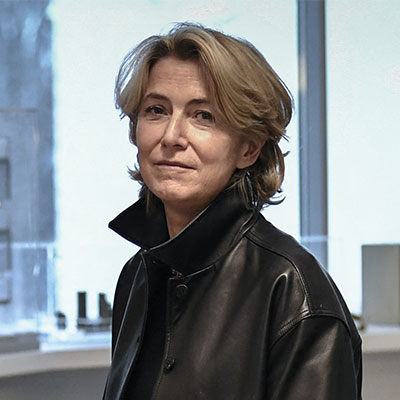
ARCHI-THOUGHT-URE CONCEPTS
Anne Démians is one of those people who pairs their discipline with responsibility. Her activist's vision is brought to life through natural works and different destinations. This architect and urban planner - recently appointed Knight of the Legion of Honor in France - breaks judiciously from preconceived forms.
Since opening her first architecture firm in 1995, Anne Démians has left a unique and lasting mark on our urban landscapes. Les Dunes, Black Swans, Hôtel-Dieu Hospital, Vilnius Train Station... she pays as much attention to small and big projects alike, as long as she can bring her promises to life. This pioneer of Reversible Building Design, a winner of multiple major awards in the field, looks back on her career path and shares her vision with us.
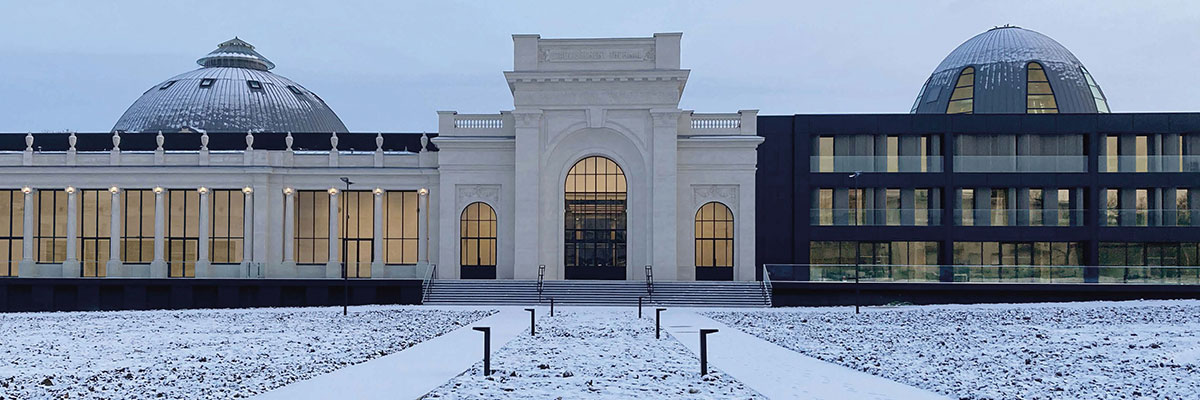
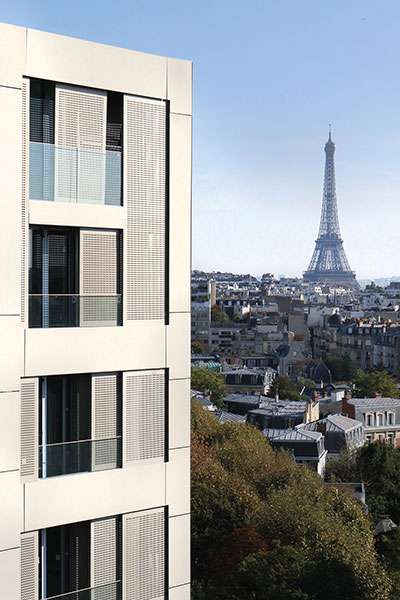
How does architecture enable us to analyze the society we live in?
Anne Démians: Architecture considers, analyzes then reveals the social, cultural, esthetic, economic and political dimensions of the successive states of our society. Constantly present all around us, it exposes our everyday words, acts and gestures to their own echoes; because architecture is, in fact, a discipline which depends on artistic agility and scientific reasoning. Its purpose is to carry the invisible, sensitive aspect of our imagination towards a happy reality, the positive effects of which we can enjoy at all moments.
You are a pioneer in the field. How would you explain Reversible Building Design to laymen?
A. D.: Firstly, by telling them that it is important to reconcile the citizens that are with their cities and their future. Then to think of the city they want to bequeath their children. The domestic and public spaces that I design – whether they are homes, offices or small facilities – are reversible. The challenge is breaking the chain of preformatted products. When architecture is reversible, it increases the lifespan of buildings which we now want to be "sustainable". It is simply a matter of thinking more about construction to produce more beautiful architecture; and reversibility is one of the major parameters to allow that.
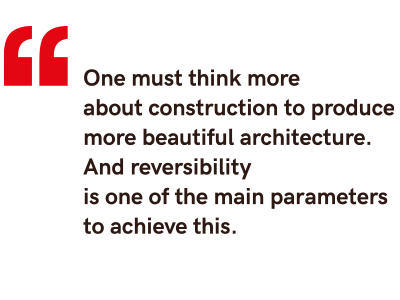
In your opinion, does the architect have an activist role to play?
A. D.: Certainly. And much more so than before. Architecture has become a political discipline – and this is paradoxical – since politicians show less and less interest, besides our heritage 30 Auteuil, Paris treasures. When in fact, the complexity in which contemporary architecture finds itself has never had so many components and parameters, able to produce such a host of new specificities in urban planning, useful landscaping, unexpected design and technical innovation. Among them, the "mutable city", of course, based on reconsidered density, which makes individual aspirations and the collective challenge of a reduced-carbon city compatible.
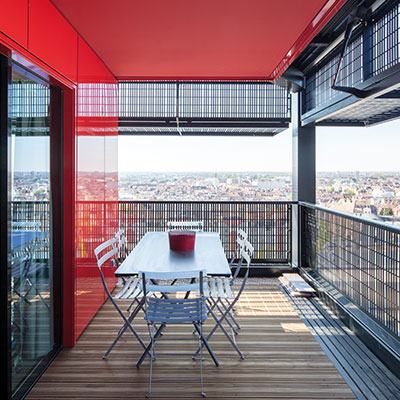
Les Dunes, Black Swans, Hôtel-Dieu Hospital, Nancy Thermal, ESPCI, Vilnius Train Station, among others. How do you choose the projects you would like to take on?
A. D.: Whatever the project and its context, the important thing is that it contributes to making a city beautiful and surprising and our landscapes astounding – whatever its size or purpose. Architecture is primarily art that is used and thus, architecture in its "daily life" is what interests me most. And this – now a priority for me – does not exclude the massive stakes involved in major projects.
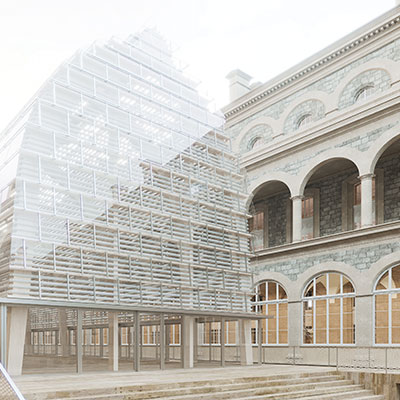
Which project has marked you most in your career?
A. D.: Definitely the urban planning and home construction project at the Porte d’Auteuil on the outskirts of Paris, carried out in partnership with the architects Francis Soler, Finn Geipel and Rudy Ricciotti, as a genuine manifesto with no differentiation between private and public housing – a beautiful synthesis and the fruit of an exceptional approach and work. But I must also add that brief moment when I designed and proposed, on my own initiative, La Nef (the Nave), the long, high, crystalline space, crossed by pointed arches, running through the interior space of the Hôtel-Dieu Hospital; a precious and useful work still at the proposal stage today.
Do you have anyone you would consider a "mentor", in your field or another?
A. D.: The architect Frank Lloyd Wright, to cite but one; due to, of course, the immensity of his modern thought, his futuristic designs and the sensitivity of his body of work. For me, the Johnson Wax Headquarters remains his major work; for its esthetic, social and functional dimensions.
Photo credits : Architectures Anne Démians, Stéphane de Sakutin/AFP, Martin Argyroglo, Jean-Pierre Porcher


